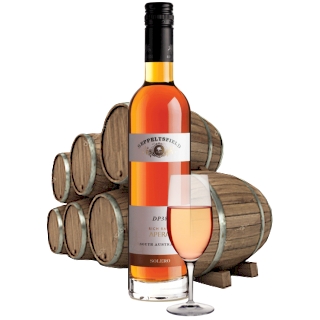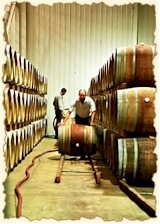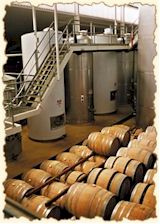


James Halliday described Salitage as: "the most important winery in the Pemberton region. Salitage is the showplace of Pemberton. If it had failed to live up to expectations it is a fair bet the same fate would have befallen the whole Pemberton region."

Fifteen years later Pemberton is recognised as one of the premier cool climate wine regions in Australia and Salitage continues to lead exporting to more than 15 countries around the world.
John and Jenny Horgan entered the fine wine business more than two decades ago as pioneers in the fledgling Margaret River region. In the late 70's John worked and studied under the guidance of Robert Mondavi in Oakville, California and in 1985 purchased an equity in the famous Premier Cru winery, Domaine de la Pousse D'or in the Cote D'or region of Burgundy.
The Salitage winery has been designed with a minimalist approach to both juice and wine handling. Elevated fermenters, spanning three levels in the winery, enable the winemaker to move the wine under its own weight.

Salitage is a family winery producing 25,000 cases per year. Salitage use French oak Barriques exclusively for the barrel maturation of wines. Traditional wine making methods have been retained and these are complimented by the technological advances in modern day plant and equipment.
Discerning wine drinkers are increasingly looking to regionality, they want to know the source of the grapes, soil types and the climatic conditions that prevail in particular viticultural regions.
The Salitage vineyards are planted on elevated ironstone gravelly soils and together with the cool and even temperatures during the ripening period, contribute equally to enable us to produce wines which have structural complexity and intense fruit flavours.
Salitage are proud to introduce the Treehouse Brand and commend these outstanding wines to you for your enjoyment. The Treehouse label was named after the Grandchildren's Treehouse which is now surrounded by the luxurious Salitage Suites. Treehouse wines are made in the Salitage winery by winemaker Patrick Coutts using Salitage fruit which is complimented with some other varieties grown in adjacent vineyards around Pemberton.

























